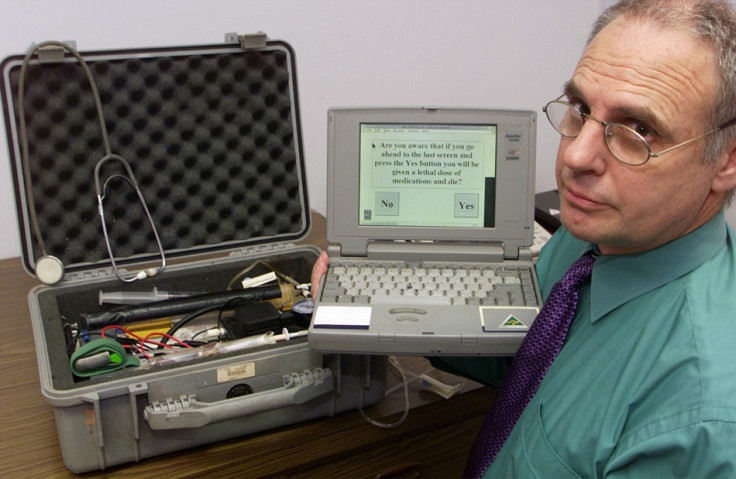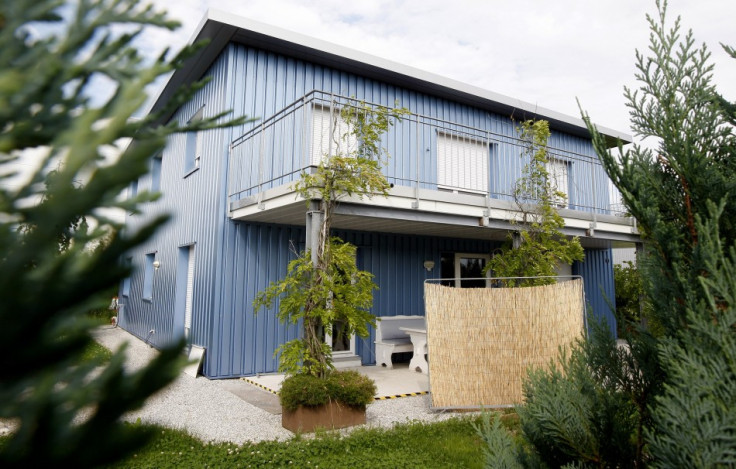Belgium to Vote on Euthanasia Choice for Children

Belgian MPs are to discuss a new bill to extend the country's medical mercy-killing to children and dementia sufferers.
Euthanasia on the grounds of "unbearable psychological or physical suffering" has been legal in Belgium since 2002. Now, new legislation could extend euthanasia to children, those suffering from dementia and other "diseases of the brain", according to a report in the Sunday Times.
Currently, the law in Belgium only covers those aged 18 and over. "This is very important because one child that suffers is one too many," said Jean-Jacques De Gucht, MP for the Open Flemish Liberals and Democrats party, who is working on the bill.
Under the proposed legislation, euthanasia for children would be legal once the child had requested it and the parents had given their consent.
"It's about giving people the right to choose how and when to end their life in dignity," said De Gucht.

A recent poll revealed that more than 75% of Belgians are in favour of broadening the current remit of euthanasia laws.
Belgium had a record number of 1,432 cases of euthanasia in 2012, up 25% from the previous year.
In Belgium, any adult who is covered by medical insurance and treated by a doctor can choose to terminate their own lives as long as two physicians agree to sign off on the request.
Belgian medical mercy killing hit the headlines at the beginning of October when a transsexual man was granted legal euthanasia on the grounds of "unbearable psychological suffering".
Nathan, born Nancy, Verheist, wanted to die after unsuccessful sex change operations. Verheist had mastectomy and surgery to construct a penis in 2012, but he said that "none of these operations worked as desired".
Wim Distelmans, who carried out the euthanasia, is the same doctor who last year gave lethal injections to congenitally deaf twins who were scared that they were going blind. Marc and Eddy Verbessem, aged 45, could only communicate with special sign language understood by each other and their immediate family.
"Blindness would have made them completely dependent. They did not want to be in an institution," explained their brother.
Dominique Biarent heads up the intensive care unit at a Brussels children's hospital. "Our goal is to cure," she told the Wall Street Journal. "It never happens that we're pushing parents. We never say, 'This morning we're doing euthanasia - yippee! It's a terrible process.'"
Medically assisted euthanasia is legal in only three European countries - the Netherlands, Luxembourg and Belgium. In Holland, the age limit is set at 16.
In Switzerland and Germany, doctors are allowed to prepare a lethal cocktail of drugs, but are not allowed to administer it directly to patients.
© Copyright IBTimes 2025. All rights reserved.




















